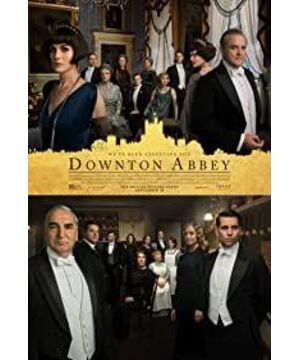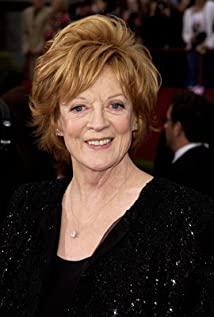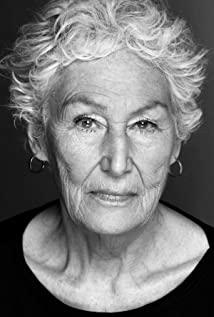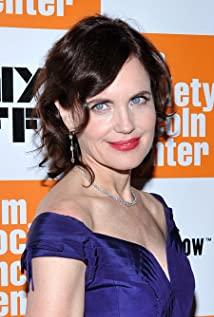So good, this work does indeed have the dramatic style of Chekhov. It is a British version of The Cherry Orchard. I have seen an article published by Beiqing Art Review before, saying that "Fu De Shui" has the style of Chekhov. Maybe it wants to say that the latter has the style of Chekhov's humorous and satirical sketches, but I still have to clarify here. Now, Chekhov's dramatic artistic achievements are far higher than his novel achievements. Take his most important and last theatrical art work "The Cherry Orchard" as an example, it can be said that the film version of "Downton Abbey" truly inherits Chekhov's dramatic achievements. How is it inherited? The pattern is large, and this pattern is not only reflected in the greatness of the times and events described by the creators (this can also be accomplished by historians and general historical novelists) - more importantly, the creation of When looking at the big historical background and the attitude of the readers, this pattern is big and remarkable. The time point chosen by the film is very good. It is neither a period of obvious dramatic tension when there is a war in World War I or World War II, nor is it a period of completely peaceful rural life such as the Middle Ages. Between World War II and World War II, this is good.
View more about Downton Abbey reviews











